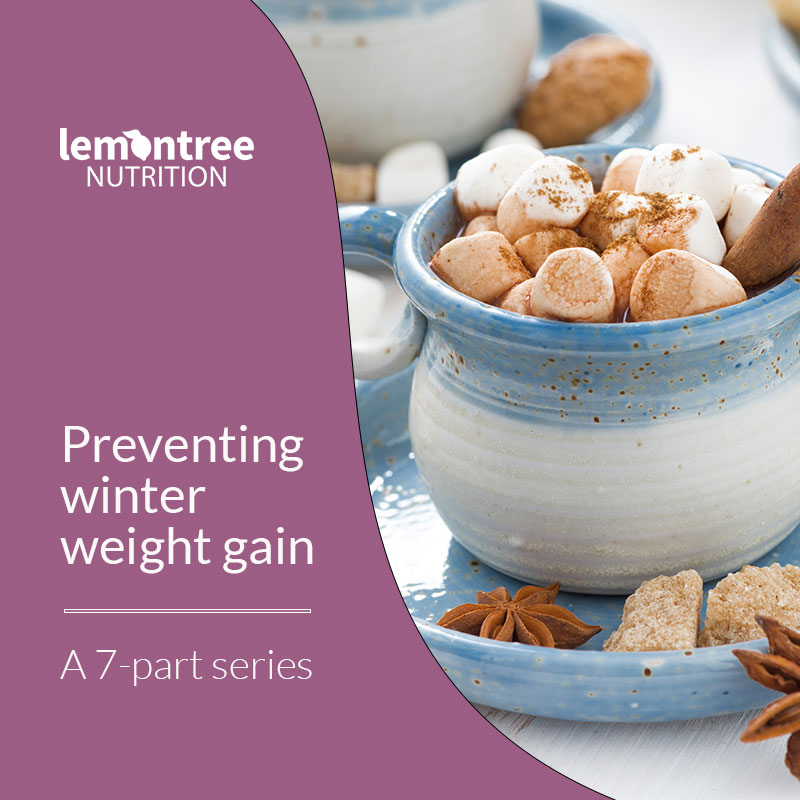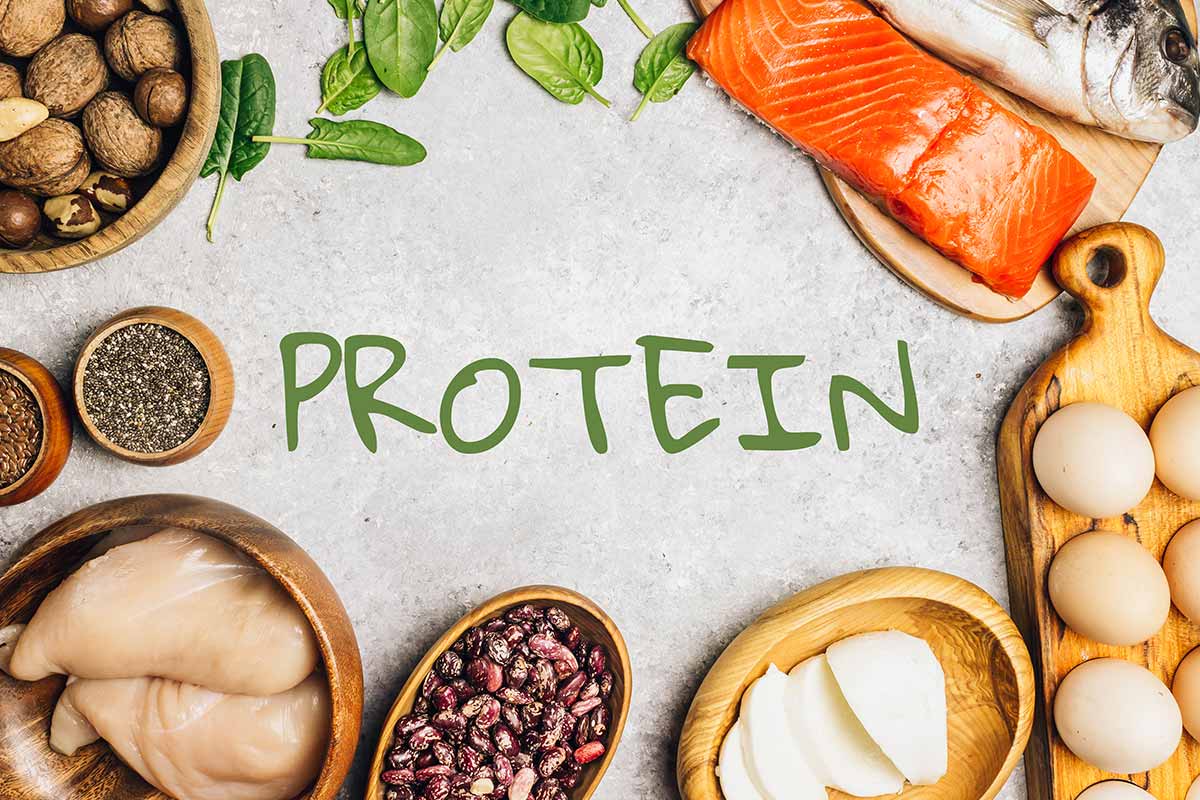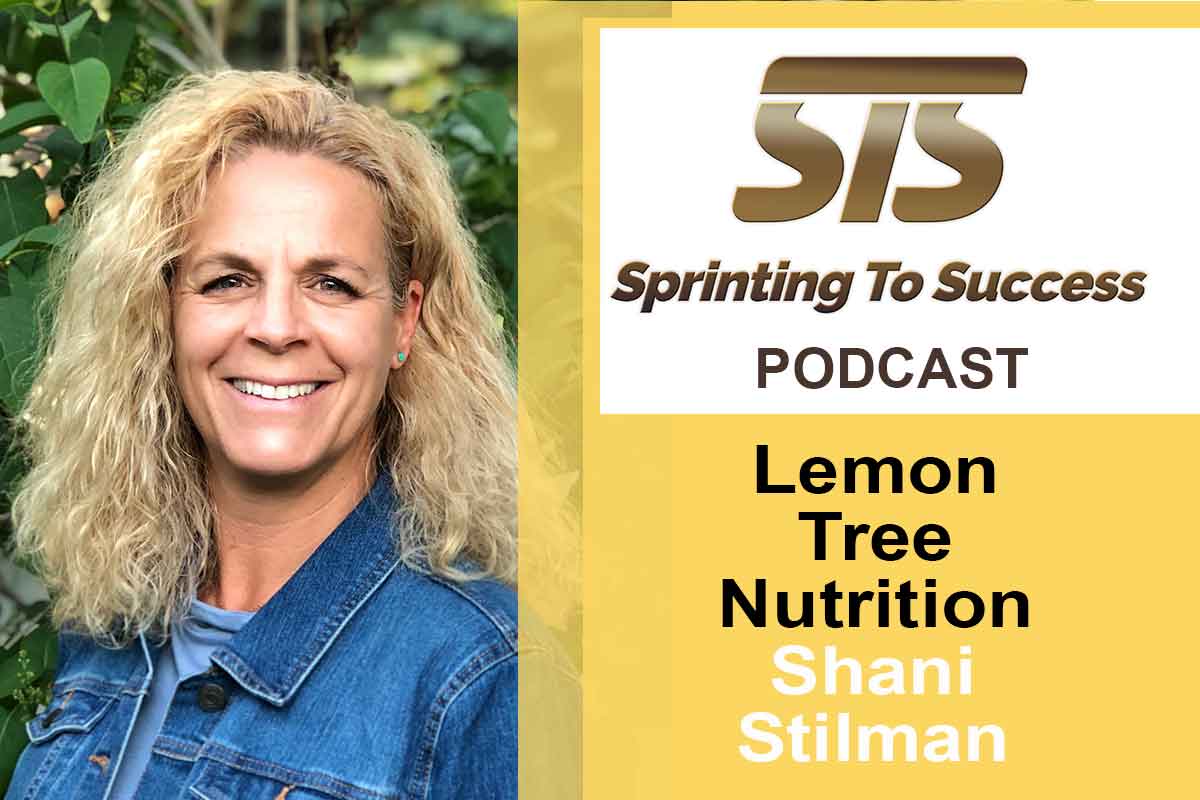A common misconception is that a healthy lifestyle is expensive and only a minority can afford it. Often, when picturing a healthy lifestyle, images of expensive gym memberships, pricey organic produce and some high-cost environmentally-conscious products. While there is definitely a lot of money in the health industry, the wonderful news is that living a healthier lifestyle can be done with little financial investment. In fact, you will find the investment is more of a time & effort one, rather than financial.
The important thing is to be willing to make small changes, start making them and keep consistent. With time, these can help you improve your current situation. It is the little changes we do that slowly and gradually impact our own lives for the better, our community and if we are patient enough, the environment we live in.
I came up with a list for you to have. You are more than welcome to adopt one or multiple suggestions. Please share this with people you think could benefit from it.






